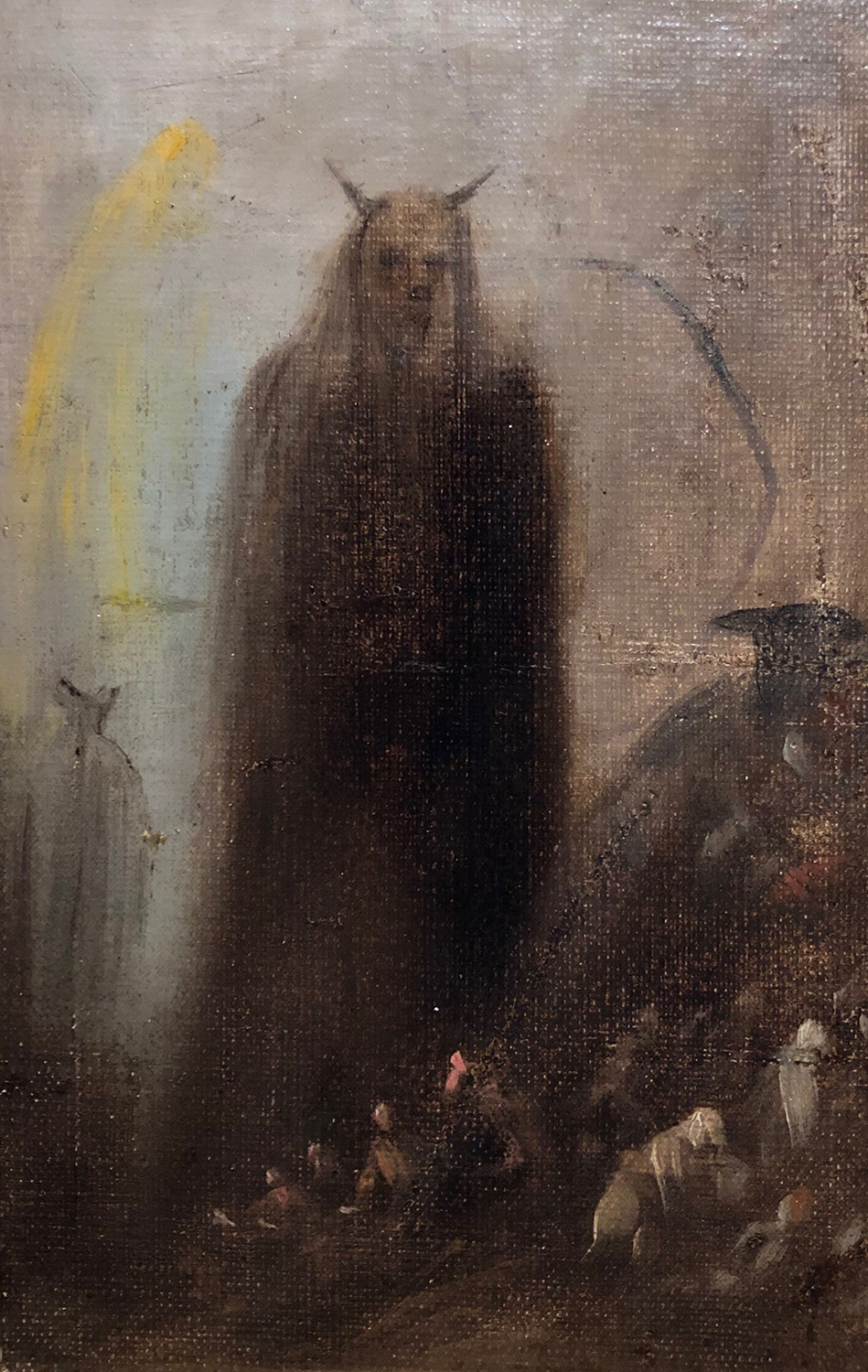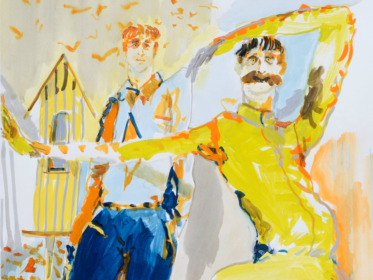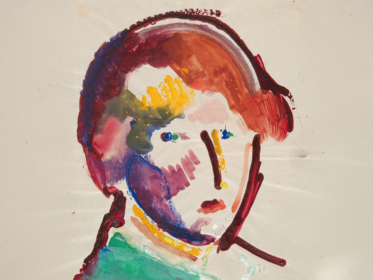Berlin Dispatch: Ghosts
Translated by Alexander Wells

SOMETHING IS BROKEN in my apartment again. This time it’s the plumbing. I have no idea where or why — some little hidden cog needs replacing, a jewel made of steel or aluminum, somewhere behind all the pipes and the concrete. I look at pictures of the metal part online. Nothing seems simpler to me than clicking on “order” and making the part disappear into my wall with a series of magical hand movements. And then the water bubbles out, bright and clear. Even if I did have the talent for such magic, however, it would all be in vain: I am only someone staying here, and the walls that I want to break do not belong to me. My life is a mediated life; between me and my happiness stands a landlord.
Does a landlord have a heart? I’m not quite sure. I don’t even know if he really exists. My landlord is one great silence — the unanswered email, the voicemail greeting that doesn’t let you leave a voicemail, the reverent quiet between each dial tone. His name is on letters that I don’t understand, and it is on the internet when I google him, yet again, to try and give him a face, a body, a form. My life’s great questions are these: Who is this man that won’t get my plumbing fixed? Whence does he get the unearthly power that wields over me? Will I ever be able to escape him?
Does my landlord know I’m thinking about him, I ask myself at night, increasingly desperate, does he know what he means to me?
The situation is unclear — only his silence is for certain. I write emails and leave messages, I stare at my phone, maybe he’s calling, maybe the handyman is already at the door, right at this moment, I can already hear him knocking. I abase myself, but to no avail. He doesn’t call; nobody knocks. If he wanted to, he would. Does my landlord know I’m thinking about him, I ask myself at night, increasingly desperate, does he know what he means to me?
I turn to the long tradition of landlord-insulting and find some solace in Léon Bloy. “Jesus Christ did not die for the bourgeoisie,” he wrote in a letter from April 1908. “For all the murderers, for all the obscene, but not for the homeowners!!!” In Bloy’s diaries and letters, the many landlords that victimized him and his family merge into one, a never-ending existential threat: What will happen if we end up on the street?
“My landlord is a ghost,” I read in Bloy’s diary, and suddenly everything makes sense. The water damage, the cracks in the plaster, the uncanny cracking and knocking that comes from the walls — even before anything breaks, I’m scared because I know what it will cost my nerves to get it fixed. If, that is, anyone takes care of it at all. I step around my apartment on tiptoe to avoid touching anything, I turn on the tap very gently, don’t go yanking on the balcony door, and for God’s sake, don’t forget to air the place out.
Berlin has a collective ghost, a collective haunting, and so at every party, in every smoking corner or oppressive silence, the words “Ugh so my landlord…” work like a genuine spell.
My apartment has become eerie, filled with hidden dangers and potential catastrophes. It is a haunted castle, a cursed place, where my landlord roams about a-haunting and consistently drives me mad. Luckily, though, I do not suffer these horrors alone.
Berlin has a collective ghost, a collective haunting, and so at every party, in every smoking corner or oppressive silence, the words “Ugh so my landlord…” work like a genuine spell. Suddenly the conversation flows, suddenly a great warm communal sorrow arises, a special connection, perhaps a solidarity, the Interessengemeinschaft Berliner Poltergeistbetroffener, or, in simpler terms, the tenants union. That mysterious property management, that incorporated company and asset management, that absent voice — like Scooby Doo, we pull off its mask, and so the haunting comes to an end.
I want to imagine the landlord as a human being. Doing so will not resolve the opposition between us. But it helps with my despair. It gives the misery a face, a body, a form, and a name. Maybe also even — somewhere — a heart.

